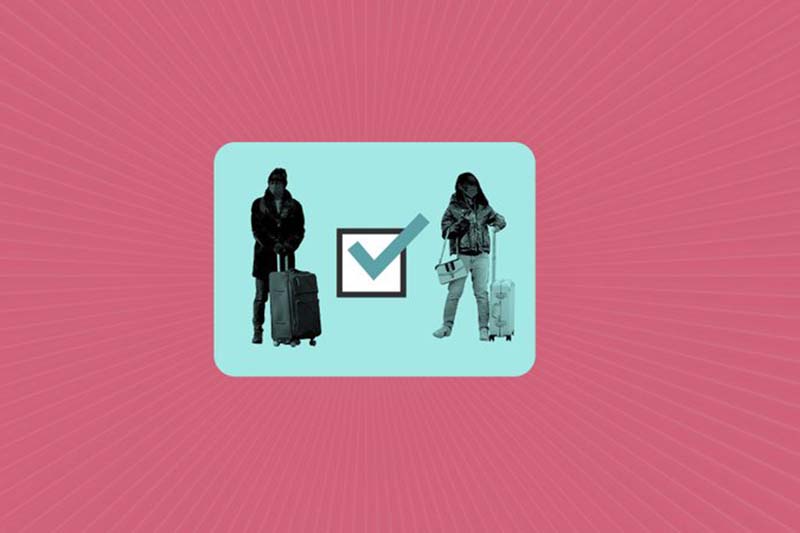

Which COVID-19 tests are required for international travel?
It depends on where you’re going.
In an effort to limit the spread of new coronavirus variants, many countries are requiring incoming travelers to show a recent negative test.
The U.S., for example, will accept results from either a test that detects the genetic material of the virus — considered the most sensitive type of test — or a rapid test that looks for viral proteins called antigens. The tests must have been taken no more than three days before departing for the U.S
Health professionals usually give more sensitive lab tests via a nasal swab that take a day or more to yield results. Rapid tests have a turnaround time of about 15 to 30 minutes and are increasingly used to screen people at testing sites, offices, schools and nursing homes. For some rapid tests, users can swab themselves at home.
With either test, the U.S. requires electronic or printed proof of the negative result from a medical laboratory. That means that even if you plan to get the faster test you’ll likely need to see a health care provider who can provide documentation.
England has a similar setup, accepting results from both types of tests. But health authorities there are imposing extra requirements, including that the tests meet certain thresholds for accuracy. Travelers are told to check to make sure their test meets the standards.
After countries instituted varying requirements, officials in the European Union agreed to standardize requirements across the 27-nation bloc.